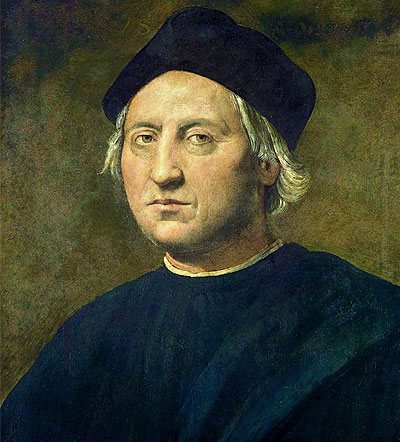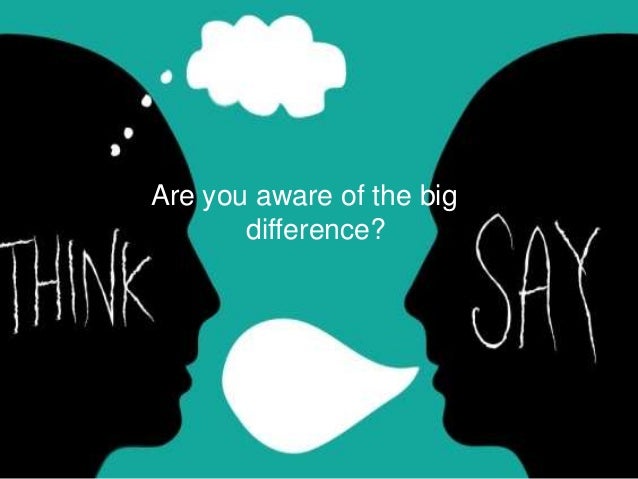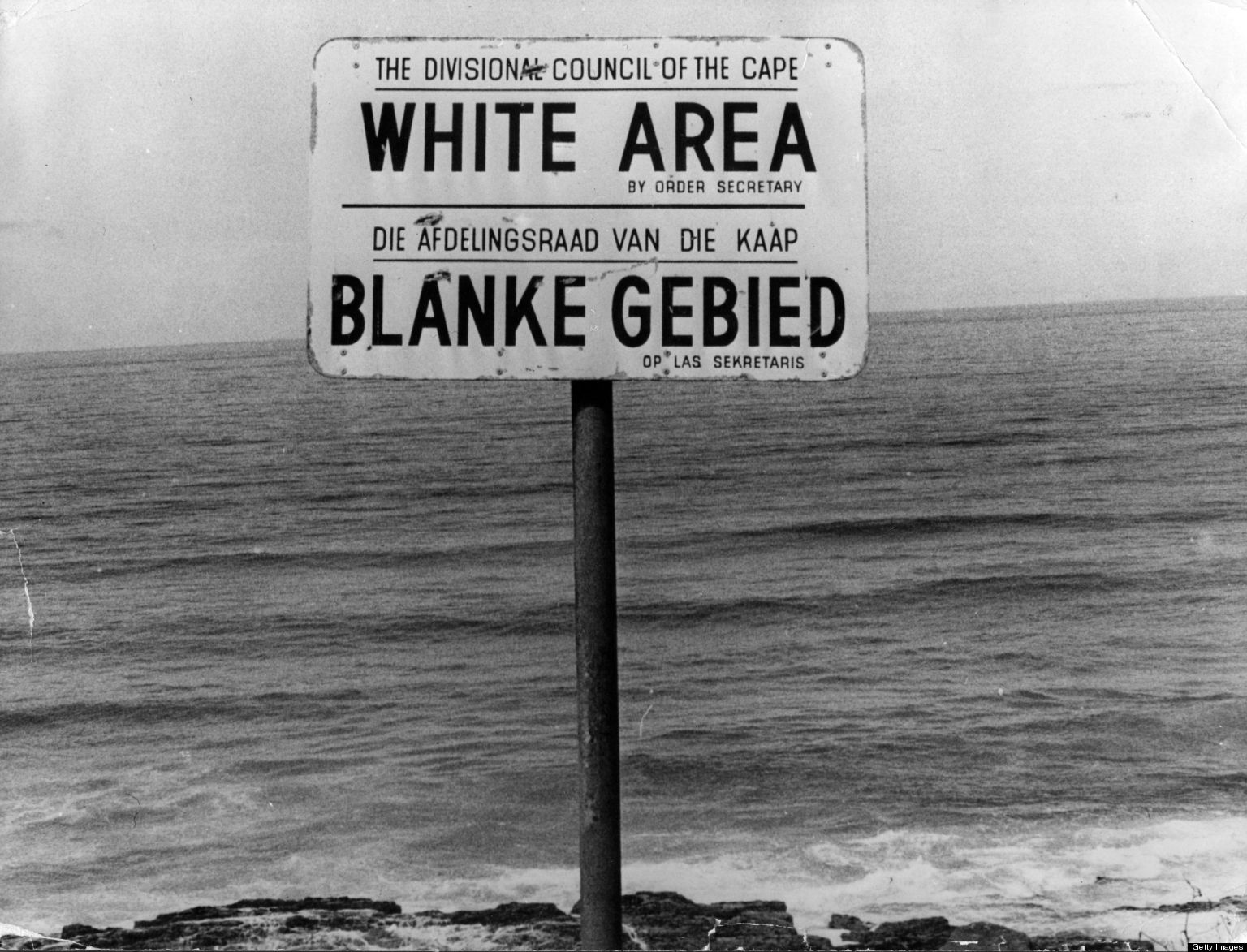MOTIVATION
MASLOW’S
HIERARCHY OF NEEDS.
The
maslow's hierarchy of needs refers to a motivational theory that aims to
understand the behavior of the human being in the laboral life. First we have
to understand the theory is represented like a pyramid with 5 different levels,
but this levels works like steps, once you accomplish the first one you can get
the second one. According to Maslow, the first 4 levels are the most common
ones, they always need to be fulfilled in order to ensure the stability of the
worker, because if there is an absence of one of them, the worker will not feel
complete and this will generate problems in his work life, at the same time
that it will be impossible for him to reach the last level, the
Self-Actualization.

- Physiological needs: Are those needs just like the Air, Water, food, metabolic requirements, clothing and even sex among the other physiological needs.
- Safety: This level aims for the mental health of the person, seeking for social safety or social stability, economical stability, job security, an environment free of violence, abuses, health and well-being.
- Love and Belonging: The third level refers to the feelings of the worker, as a social being he needs to feel loved and belonged. This level is complicated due to the impact of the childhood in the workers mind. Topics like friendship, Intimacy and Family are the main objectives to fulfill in this part of the pyramid.
- Esteem: “All humans have the need to feel respected; this includes the need to have self-esteem and self-respect”. Wikipedia,2015. In this part the subjectivism plays a very important role, as the meaning of success is different each person, however according to the precepts that everybody has, this level should be accomplished in order to reach the following level. Moreover this step need the presence of a balance between high and low levels of esteem, as it is not good to have extremes neither in high or low.
- Self-Actualization: This level is the final one, and can only be reached when all the basis of the pyramid is done. Basically talks about the balance between the potential of a man and his accomplishments. Thus “What a man can be, he must be”. This is not only applied for the labor life, also for the personal life.
Herzberg Theory
 |
| Herzberg. |
This theory
talks about two kinds of factors that are present in the motivation and
demotivation of any person. But first we have to understand that the factor
that discourages or Hygiene Factor are those that if they are not fulfilled
generates demotivation but if they are fulfilled do not motivate. On the other
hand, the motivational factors are those that aims to increase the motivation
of the person, however if it is not present, does not mean that the person will
be discouraged.
So as a
conclusion, the Hygiene factors are needed to avoin demotivation and the
Motivational Factors are needed to motivate.

Hygiene
factor:
- · Salary and benefits
- · Company policy and organization
- · Relationships with coworkers
- · physical environment
- · supervision
- · status
- · work safety
- · growth
- · maturity
- · consolidation
Motivaton Factors
- · Achievements
- · recognition
- · independence labor
- · responsibility
- · promotion
RESEARCH
QUESTION:
How do you motivate a teenager?
Now we have seen many theories about motivation in the work life, and in all of the cases there is a part where they point the importance of a personal motivation. In this case, I research how could parents motivate their teenagers in order to make them more proactive, with better self-steem and more happy?.

According to that, I found 6 steps that every parent should do in order to achieve those goals:
1) Always offer them your support: Teenager is not a child, in fact he is about to become an adult, and therefore he is looking for recognition and respect. Consequently, they are passing trhough some hard challenges and need to know they can trust in someone that will never leave them alone.
2)Expose them to ideological diversity: When you are in the process of growing up, you are constanly changing your mind, building it according your experiences, thoughts and feelings. However you as a parent need to open the world to them, showing them there are a lot of ideas and cultures all around the world, and the fact that they lives in determined neighbor, study in determined school and society, does not mean that they should follow the pattern, as everybody was born to be happy, they should have the tools to decide what makes them happy.
3)Motivate them in their studies: How many people have to wake up every morning to go to a work that they dont like and dont enjoy just because their parents thought that it was the best for him? Is that happiness?. It is a very difficult question, because of the points of view, however I consider that you will be succesful if you love what you do, because the source of the ideas comes from the passion and if you dont feel passion, you will never come up with an outstanding idea.
4)Teach them the value of responsability: It is very romantic to think you will always live with your parents, however the reality is that in most of the cases the people is starting to leave their homes even earlier than before, just looking to fulfill their own interest. Consequently it is very important to teach your children from the beginning to be responsible and to understand the consequences of their actions, thus they will become into a conscious adult that will probably commit less mistakes.
5) Guide the teenager to find their goals: Everybody should have a goal in his life, even if it is not the same as the rest of the people, because we as humans are constantly looking for the meanings of our lives and therefore it is important to find our goals and try to achieve them. For me, the most important goal that any person should have is to be happy, and it should not be seen as something you finally get, it should be a daily reallity.
6) Help them to became managers of their time: Everytime we became older, we are acquiring new responsabilities, new tasks and less time for us. That is why it is important to teach them how to manage well their time, In order to make them conscious about the importance of the free time they should dedicate to them and the importance of the time they should invest in their future work life.
Now we have seen many theories about motivation in the work life, and in all of the cases there is a part where they point the importance of a personal motivation. In this case, I research how could parents motivate their teenagers in order to make them more proactive, with better self-steem and more happy?.

According to that, I found 6 steps that every parent should do in order to achieve those goals:
1) Always offer them your support: Teenager is not a child, in fact he is about to become an adult, and therefore he is looking for recognition and respect. Consequently, they are passing trhough some hard challenges and need to know they can trust in someone that will never leave them alone.
2)Expose them to ideological diversity: When you are in the process of growing up, you are constanly changing your mind, building it according your experiences, thoughts and feelings. However you as a parent need to open the world to them, showing them there are a lot of ideas and cultures all around the world, and the fact that they lives in determined neighbor, study in determined school and society, does not mean that they should follow the pattern, as everybody was born to be happy, they should have the tools to decide what makes them happy.
3)Motivate them in their studies: How many people have to wake up every morning to go to a work that they dont like and dont enjoy just because their parents thought that it was the best for him? Is that happiness?. It is a very difficult question, because of the points of view, however I consider that you will be succesful if you love what you do, because the source of the ideas comes from the passion and if you dont feel passion, you will never come up with an outstanding idea.
4)Teach them the value of responsability: It is very romantic to think you will always live with your parents, however the reality is that in most of the cases the people is starting to leave their homes even earlier than before, just looking to fulfill their own interest. Consequently it is very important to teach your children from the beginning to be responsible and to understand the consequences of their actions, thus they will become into a conscious adult that will probably commit less mistakes.
5) Guide the teenager to find their goals: Everybody should have a goal in his life, even if it is not the same as the rest of the people, because we as humans are constantly looking for the meanings of our lives and therefore it is important to find our goals and try to achieve them. For me, the most important goal that any person should have is to be happy, and it should not be seen as something you finally get, it should be a daily reallity.
6) Help them to became managers of their time: Everytime we became older, we are acquiring new responsabilities, new tasks and less time for us. That is why it is important to teach them how to manage well their time, In order to make them conscious about the importance of the free time they should dedicate to them and the importance of the time they should invest in their future work life.

BIBLIOGRAPHY
http://upload.wikimedia.org/wikipedia/commons/thumb/3/33/MaslowsHierarchyOfNeeds.svg/2000px-MaslowsHierarchyOfNeeds.svg.png
https://wikispaces.psu.edu/download/attachments/41095621/Herzberg%201.jpg?version=1&modificationDate=1269485337000&api=v2
https://arc.library.carleton.ca/sites/default/files/Herzberg2.jpg
http://www.grupomiradio.mx/portal/wp-content/uploads/2013/12/Padre-e-hijo.jpg
http://adolescentes.euroresidentes.com/2011/01/como-motivar-los-adolescentes.html
http://www.grupomiradio.mx/portal/wp-content/uploads/2013/12/Padre-e-hijo.jpg
http://adolescentes.euroresidentes.com/2011/01/como-motivar-los-adolescentes.html























